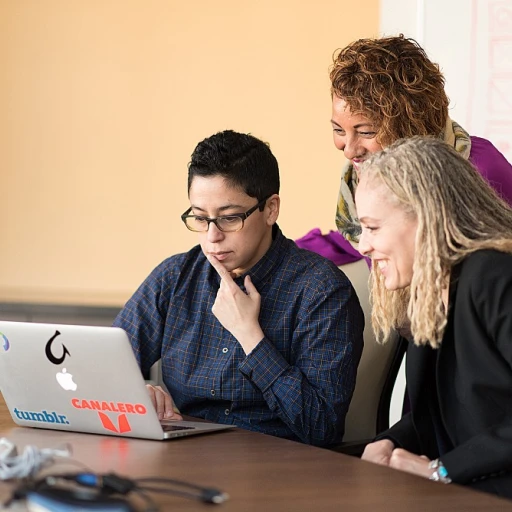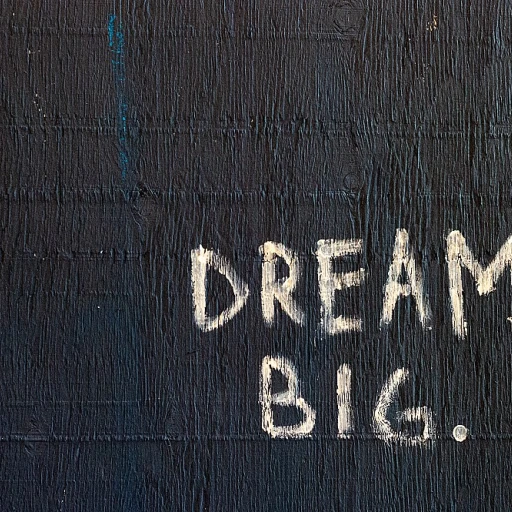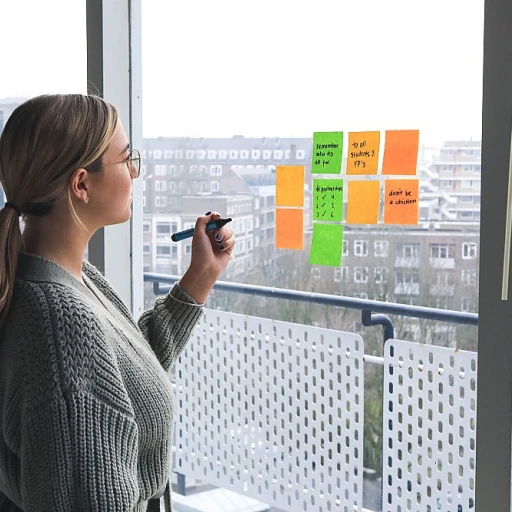
Understanding the Role of Diversity in Employee Engagement
The Importance of Diversity and Inclusion in Engagement
Diversity and inclusion play a crucial role in enhancing employee engagement within any organization. When the workplace fosters an inclusive environment that embraces individuals from various backgrounds and perspectives, it can lead to increased job satisfaction and productivity. Understanding the significance of these elements can help companies ensure diversity in their teams and create a more lively and dynamic work environment.
Diverse perspectives in decision making can lead to enhanced creativity, innovation, and problem-solving capabilities. Employees who feel valued and included regardless of their backgrounds are more likely to be motivated and committed to their roles, which positively impacts engagement levels. A hiring manager's ability to ask the right questions diversity during interviews can aid in creating a workforce that reflects the society it serves, further driving the company towards its goals.
For organizations seeking to enhance their engagement strategies, it’s essential to integrate diversity interview questions that not only assess the candidate's fit within the company but also promote an understanding of diversity equity and inclusion. When such questions are crafted effectively, they can identify candidates who are likely to contribute to an inclusive workplace and participate actively in the company's inclusion initiatives.
By recognizing and challenging unconscious bias and fostering open dialogue among team members, companies can create an environment where all employees feel respected and supported. This paves the way for greater collaboration and a harmonious work environment. As companies increasingly focus on equity inclusion, these practices become fundamental not just during interviews but throughout an employee's journey within the organization.
Key Elements of Effective Diversity Interview Questions
Essentials for Crafting Inclusive Interview Queries
Understanding how to develop effective diversity interview questions is crucial for fostering an inclusive workplace and enhancing employee engagement. By focusing on the essentials, companies can ensure they not only attract a diverse pool of candidates but also create an environment conducive to open dialogue and diverse perspectives.- Relevance to the Job: Ensure that diversity questions are directly related to the job description and the responsibilities of the role. This relevance increases buy-in from interviewers, candidates, and hiring managers, highlighting the company's true commitment to diversity, equity, and inclusion (DEI).
- Focus on Inclusion Initiatives: Questions should address how candidates have contributed to or facilitated inclusion initiatives within their previous workplaces. This helps gauge their understanding and commitment to creating an inclusive environment.
- Encouraging Diverse Perspectives: Questions that explore a candidate's ability to embrace and promote diverse perspectives can indicate their potential to contribute positively to a diverse team dynamic. This aligns with promoting an inclusive workplace culture, which is essential for effective decision making and team cohesion.
- Assessing Unconscious Bias: Although challenging, addressing unconscious bias through well-crafted questions can reveal candidates' awareness and willingness to confront personal biases, which is crucial for fostering diversity inclusion.
- Creating an Open Dialogue: Encourage an open dialogue by framing questions in a manner that elicits genuine responses rather than rote "example answer" formats. This approach fosters a more authentic understanding of the candidate's values and experiences related to diversity and inclusion.
Examples of Diversity Interview Questions
Diversity-Driven Interview Queries for Richer Insights
Crafting diversity interview questions that resonate with candidates and provide valuable insights into their approach to an inclusive workplace is critical. These questions help assess candidates’ understanding of diversity, inclusion, and equity.
To maintain the relevance and effectiveness of your questions, consider these examples:
- Understanding of Diversity: "Can you describe an experience where you had to consider diverse perspectives in your decision-making process and how you ensured equitable outcomes?" This question gauges candidates' experiences and their approach to diversity in the workplace.
- Inclusive Environment: "What steps would you take to create an inclusive work environment for underrepresented groups on your team?" It is vital for managers to understand how candidates plan to promote inclusion initiatives.
- Unconscious Bias Awareness: "Have you ever identified an unconscious bias in your approach to work or team interactions? How did you address it?" This queries the candidate's self-awareness and their strategies for fostering an equitable work environment.
- Open Dialogue Encouragement: "How do you facilitate open dialogue among team members with diverse backgrounds and experiences?" This examines the candidate’s capability to ensure diversity and inclusion through communication.
- Integrating Diversity in Job Roles: "When crafting a job description, how do you ensure it attracts a diverse pool of candidates?" This question is designed to assess a candidate's involvement in diversity efforts right from the hiring stage.
These questions draw out not just the candidate’s experiences but also their willingness to engage with diversity and consideration of DEI (Diversity, Equity, Inclusion) principles in various job scenarios. Structured correctly, they can open up space for genuine conversation and understanding, paving the way for an inclusive environment that greatly benefits the company culture.
How to Tailor Questions to Your Organization's Needs
Customizing Questions to Fit Your Company
When designing diversity interview questions, it’s crucial to align them with your organization's unique needs, culture, and values. This ensures relevance and effectiveness in fostering an inclusive environment.- Understand Your DEI Goals: Start by identifying your diversity, equity, and inclusion (DEI) objectives. Are you seeking to improve diversity within certain teams, enhance the overall workplace culture, or support underrepresented groups? Tailoring your questions to reflect these goals can guide candidates' understanding of your company's priorities.
- Reflect on Organizational Culture: Consider how your organization's culture influences decision making and team dynamics. Target questions that highlight how a candidate's views and experiences might enrich your work environment. For example, inquire about experiences in diverse teams or instances where the candidate has championed inclusion initiatives.
- Foster Open Dialogue and Understanding: Position your questions to spark discussions about diversity inclusion. This approach not only helps in assessing cultural fit but also demonstrates your organization's commitment to inclusive practices.
- Align with Job Description and Role Needs: Ensure that your questions resonate with the specific job and its requirements. For instance, if the role demands collaboration with diverse perspectives, ask candidates how they have successfully navigated inclusion challenges in previous workplaces.
Training Interviewers to Ask Diversity Questions
Training Interviewers to Navigate Diversity Conversations
Establishing an inclusive work environment requires well-prepared hiring managers who can engage in meaningful diversity conversations during interviews. Training is essential to ensure diversity interview questions are asked effectively, enabling candidates to speak freely about their experiences and perspectives.- Fostering Open Dialogue: Encourage interviewers to create a welcoming atmosphere that promotes open dialogue. This can help candidates feel at ease and more willing to share their diverse perspectives.
- Understanding Unconscious Bias: Equip interviewers with the tools to identify and mitigate unconscious bias in the workplace. Training should address how these biases can influence decision making in hiring and ensure diversity by better understanding the experiences of underrepresented groups.
- Empathy and Active Listening: Teach the importance of active listening and empathy in the interview process. Interviewers should focus on truly hearing the answer candidate provides, which can enhance the quality of the interaction and uncover rich insights into their potential contributions to diversity and inclusion initiatives.
- Crafting Inclusive Questions: Provide examples of well-crafted diversity-related questions that are specific to the company's values and goals. By tailoring questions to align with your organization's diversity, equity, and inclusion goals, you ensure they are relevant and meaningful.













